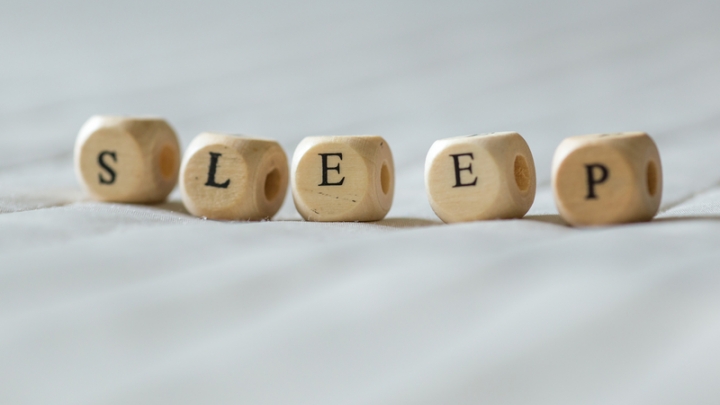(RxWiki News) When you can't sleep, it's difficult to get through each day. Fortunately, many over-the-counter (OTC) sleep aids are safe and effective. But with so many options in the pharmacy, how do you find the one that's right for you?
We're here to cut through the confusion and give you insight into the most common types of OTC sleep aids. It's important to keep in mind, however, that sleep aids are not a magic cure for serious sleep problems. If you are having long-term trouble falling or staying asleep, talk to your health care provider.
Also remember that OTC sleep aids are not usually a long-term solution to sleep trouble. In fact, they're generally not supposed to be used for more than two weeks. The body can develop a tolerance to most active ingredients found in these products. On top of that, some OTC sleep aids can interact with other medications, and according to the Mayo Clinic, the safety and effectiveness of OTC sleep aids is still not fully understood. That's why it's essential that you speak with your health care provider before starting any new OTC medication, including a sleep aid.
For more information on OTC sleep aids, read on.
Diphenhydramine
Diphenhydramine is typically used in allergy medicines, but it does double duty as an OTC sleep aid. Found in Benadryl, Aleve PM and countless other OTC products, diphenhydramine is an antihistamine that can cause side effects like daytime drowsiness, blurred vision, constipation, dry mouth and urinary retention.
Melatonin
Melatonin is a hormone that is used to regulate your sleep-wake cycle. The effects of melatonin are usually mild, but this OTC sleep aid does appear to reduce the amount of time it takes some people to fall asleep. Possible side effects include daytime sleepiness and headaches.
Valerian
OTC valerian supplements are made from the plant called valerian root. This sleep aid is meant to relax your body, regulate your sleep cycle and reduce anxiety. According to the Mayo Clinic, valerian supplements don't appear to have many reported side effects, but some research has shown that this sleep aid doesn't work for everyone.
Doxylamine Succinate
Doxylamine succinate is found in products like Unisom SleepTabs. Like diphenhydramine, doxylamine succinate is a sedating antihistamine. It can have similar reported side effects, too: urinary retention, dry mouth, constipation, blurred vision and daytime sleepiness.
Sleep Aid Precautions
Sleep aids aren't safe for everyone, and anyone taking a sleep aid should keep several precautions in mind. First, doxylamine succinate and diphenhydramine are not recommended for those who have urinary retention, digestive system obstruction, severe liver disease, sleep apnea, chronic obstructive pulmonary disease (COPD), asthma or closed-angle glaucoma. Additionally, sleep aids are risky for women who are pregnant or breastfeeding. People who are older than 75 may experience a raised risk of strokes and dementia when they take sleep aids.
Sleep aids make you drowsy, which means you shouldn't drive or do any other activities that require you to be alert after you've taken one. Because alcohol can increase drowsiness and other sedative effects, you should never take sleep aids after you've consumed alcohol.
Before taking a new sleep aid, talk to your health care provider to make sure it's safe for you.
Written By Digital Pharmacist Staff








